Derek Purvis Speaks on Neurodivergence in the Classroom
“Neurodivergent” is a term used to describe those whose neurological function is outside of the norm.
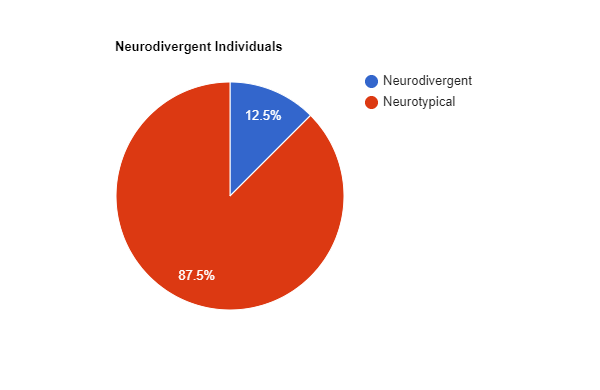
October 5, 2021
“Neurodivergent” is a term used to describe those whose neurological function is outside of the norm. Common forms of neurodivergence include ADHD, autism, dyslexia, dyspraxia, and many others. According to Work Design Magazine, “In fact, one in eight people are considered to be neurodiverse but fewer than 50 percent know it.”
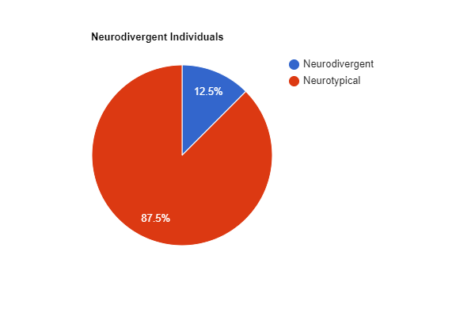
So with the large sum of neurodivergent people and the little knowledge of it, what does this mean for students at Rocky Mountain High School?
Special education teacher Derek Purvis emphasizes the value of recognizing these conditions: “I think awareness has been one thing that has been important lately. Flexibility is something that’s really important. I know I’ve seen a lot in younger grades, they’ve taken on the thought of flexible seating and allowing their students to complete their tasks in different areas where they may feel more comfortable, but just bringing awareness to the fact that some students may need more time [is important].”
On the theme of acknowledging these disorders, Purvis said, “I like the neurodivergence movement because it acknowledges the uniqueness that we have as people. I think oftentimes we, as teachers, want to see a certain expectation or have a student take a certain road. I think too often we’ll have teachers that will- and not all teachers do this-but we get stuck wanting students to take a certain direction to get to an end or to solve a problem, and within neurodivergence, we’re just using another means to get to that end.”
So how can these teachers be better allies to these students? “Students may not have to have a diagnosis with neurodivergence, but you can tell that they’re different and their needs are different, so I think the more you get to know your students and how they learn, the better you can serve their needs,” Purvis said.
When asked how the reader can help destigmatize neurodivergence improve the lives of students with these conditions, Purvis replied with his understanding of neuroatypical students: “This is a big philosophy I have: students with disabilities- they’re not disabled, they’re not at a disadvantage. These students have abilities in different areas, is the way that I look at it, so we need to provide these tools for them to get to that route. It’s not that these people are flawed or wrong or broken. The recognition is we are all different as people, and we need to provide different items for people to succeed.”
Purvis has many resources in his classroom including puzzles, fidget objects, and video games to help students learn in their unique ways. He also assists students in advocating for themselves and efficiently communicating with their teachers.
Purvis shared his passion for helping students succeed, and said, “I think life is all about the relationships and connections you make, rather than monetary things that you make.”
Lastly, Purvis said, “I’d like everyone to recognize that whether there’s a diagnosis or not, every single person that walks this earth is different-we’re all unique in our way and we should accept people for their uniqueness and work better on how we can work together and be more of a collaborative unit rather than separate ourselves.”

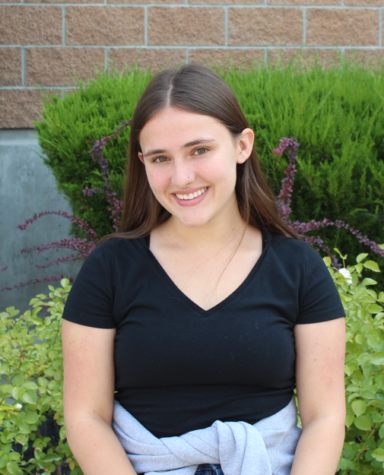

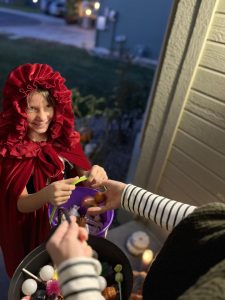
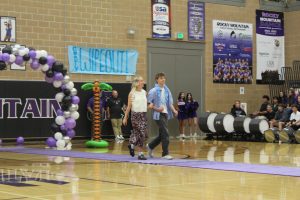
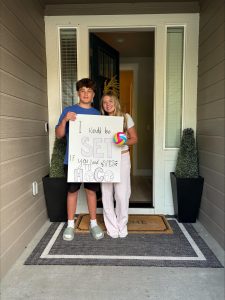
Debbie booker • Oct 24, 2021 at 8:32 am
You would be an awesome news reporter. ❤️
Eyre Alissa • Oct 23, 2021 at 10:35 pm
Great report, Kyrie!